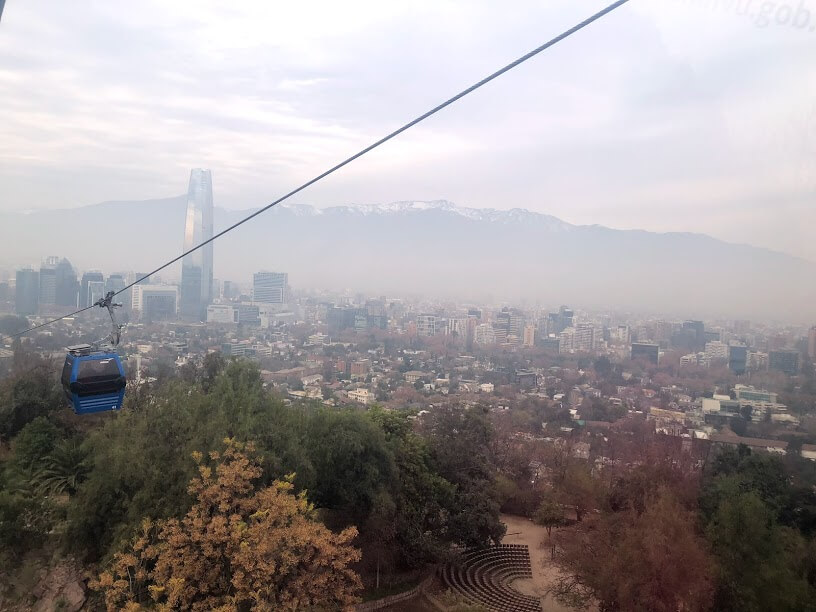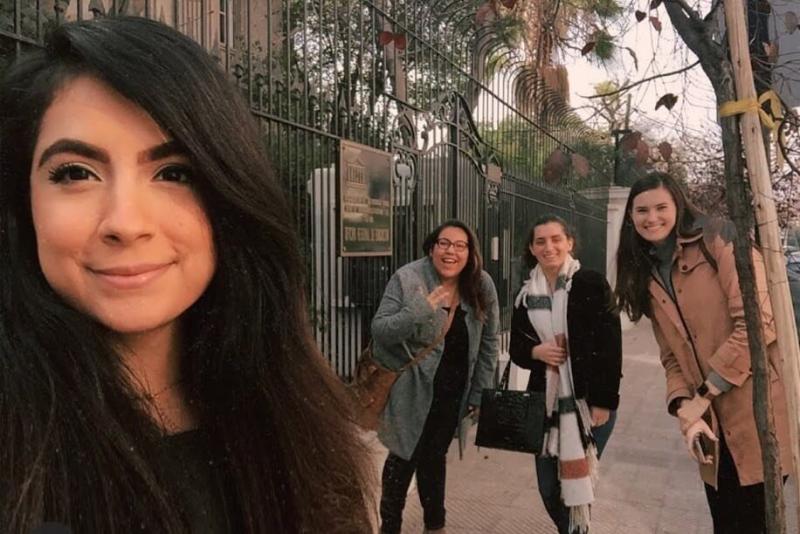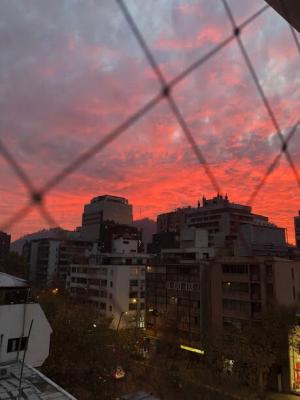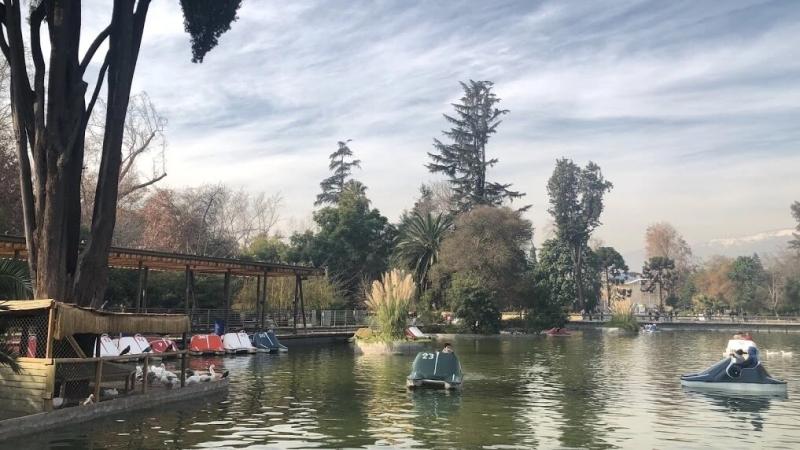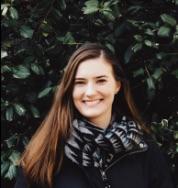Saludos! I’ve now been in Chile for a month and have gotten settled into UNESCO and life in Santiago. The OREALC/UNESCO Santiago office, beyond being the country office for Chile, is the regional bureau for education for all of Latin America and the Caribbean (LAC), which means there are always a lot of exciting things going on.
In this Fellowship, I am primarily supporting Programme Specialist (and fellow IEP alum!) Romina Kasman in projects in global citizenship education (GCED) in the region. GCED falls under UN Sustainable Development Goal 4, specifically target 4.7, and promotes the teaching of knowledge and competencies to create responsible and participatory citizens in their local and global communities who respect values such as human rights, social justice, diversity, gender equality, and environmental sustainability.
One of my favorite things about working with GCED is that it interacts with so many other themes that are worked on across UNESCO’s global offices. As Renny mentioned in her post, we have been working with UNESCO Mexico on a project on teaching GCED with a human rights focus to students in mobility situations (immigrants, asylum seekers, and refugees) and to their host communities. Projects I’m on in the office have involved our teams in the Santiago office who work on topics of rule of law, education for sustainable development, education about the Holocaust and genocides, teacher training, and education for health and well being; teams at UNESCO offices in Mexico, Paris, and Kingston; and other UN agencies like the UNODC.
Much of my research back in DC in the International Education Program was centered around citizenship education in LAC, specifically in Cuba, Chile, and Argentina. Across many projects, I found that civics curricula often had a human rights focus, and were specifically grounded in the UN’s Universal Declaration of Human Rights, and in some cases, the UN Convention on the Rights of the Child. Having gone to school in the United States, where we generally teach civics in a national framework (through the US Bill of Rights, for example), I found the idea of teaching citizen rights with an inherently universal approach very interesting, and it’s even more interesting to now be on the policy side of GCED and education for human rights here at UNESCO.
Another project I’m helping with is a workshop about capacity building for teaching rule of law through global citizenship education in Central America. This project aims to empower teachers in Central America to teach students about democratic processes: institutions and processes in their countries, legitimacy of and respect for the law, and what recourse citizens have for unjust laws, processes, and leaders. This is right up my citizenship education interest alley and something I’m very excited about. Sadly, given the time frame of my stay here, I won’t be able to see it come to fruition, but it is nonetheless rewarding to have input into the preparation.
Other than these projects, I do spend a good amount of time translating documents, checking translations and copy editing, doing background research on topics, and other administrative tasks.
On a more personal note, I’m absolutely thrilled to get to spend three months in Santiago. Santiago is such an interesting city–in many ways very European, but also distinctly South American, and with young people from all over the world living here. I’ve loved getting to explore the city, visit museums, and learn Chilenismos (Chilean slang; for example, ¿cachay? means “Got it?” or bakán is “cool”). I also got to spend last weekend traveling in Buenos Aires, Argentina, taking advantage of the quick flight over to meet my dad and sister there.
=
Though it’s winter here in the Southern Hemisphere and getting chilly, it’s been lovely to watch the cordillera de los Andes keep getting snowier and more beautiful around us. Until next time, chao!
Maggie Montgomery is a Master’s candidate in International Education with a focus on global citizenship education, citizenship education, and international student exchange.


